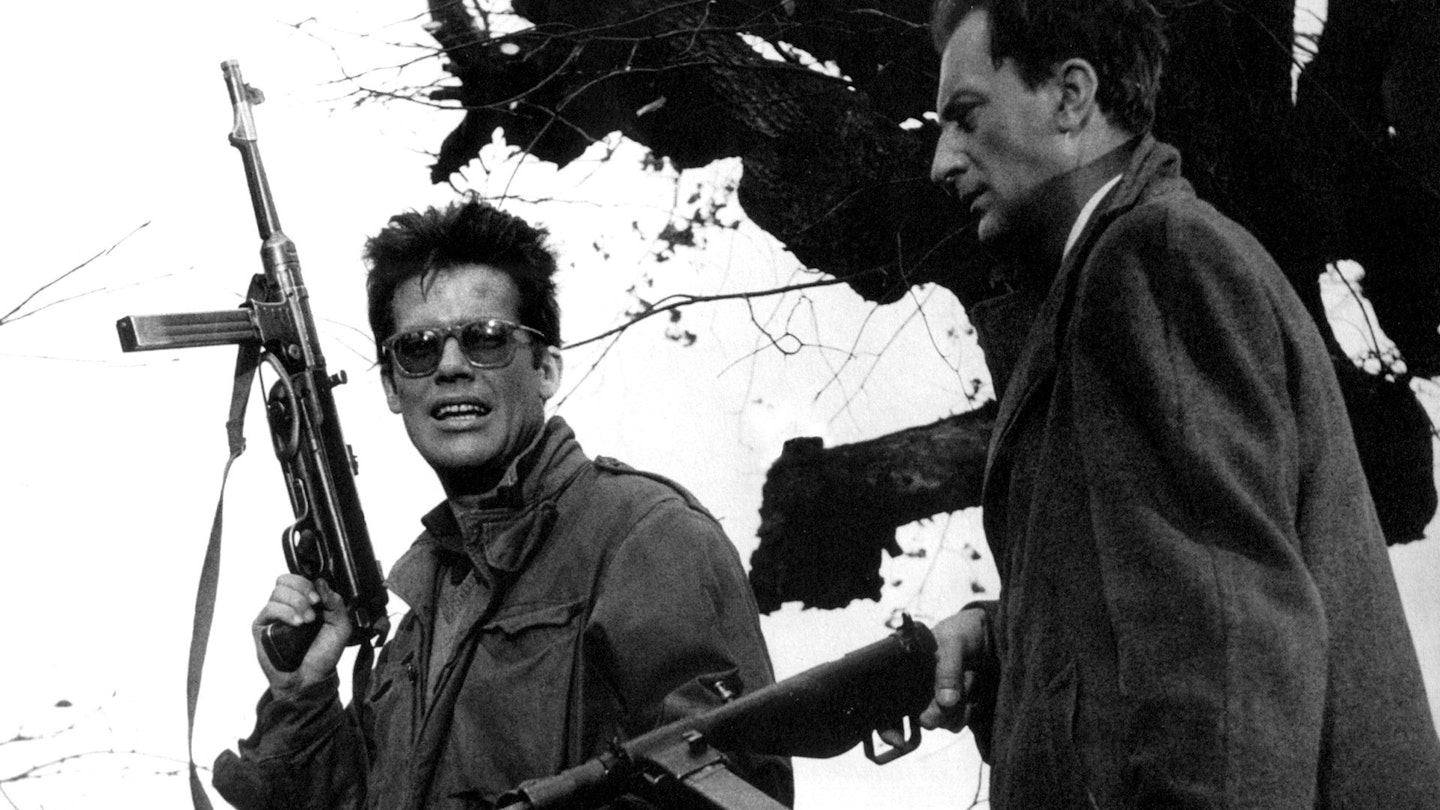In his first two features, A Generation (1955) and Kanal (1956), Andrzej Wajda challenged the conventions of state-approved Socialist Realism and questioned the sacrifices the Polish people had made during the Second World War. This tension between romantic patriotism and pragmatic scepticism resurfaced in the final part of his `Resistance trilogy', Ashes and Diamonds.
Adapted from the acclaimed novel by Jerzy Andrzejewski and set on the day marking the Nazi capitulation, the action centres on Maciek's crisis of conscience after he receives an order he feels bound to obey even though it goes against the spirit of the hard-won peace. He's permitted a brief dalliance with Krystyna (Eva Krzyzewski) in a bomb-scarred church, but fate decrees that he must accept his mission and he is fatally wounded and dies on a rubbish dump.
Attacked by some for its baroque fatalism and hyberbolic symbolism, the film was instantly hailed as a national epic. Yet it's also an intimate study of the effects of contradictory forces on two implacably opposed men with much in common. Maciek and Szczuka are from different generations, with the former being primarily a patriot, while the latter had fought for the red flag in Spain. Yet, each is fully committed to his cause and his comrades and each believes in doing his duty. However, in the course of the film, they're forced to confront the realisation that they cannot live up to their high expectations. Szczuka learns that he is not suited to governance and, thus, feels he has betrayed those he represents, while Maciek is tempted to put conscience before conviction.
Attired more like James Dean than a freedom fighter, Zbigniew Cybulski gives a remarkable peformance as the rebel doubting his cause and he remained the pin-up boy of Polish cinema until his untimely death in a train accident in 1967.
